Hiding to find a new life or defying expectations to find one, this month we look at four courageous nineteenth century women determined to forge a new path in the field of medicine.
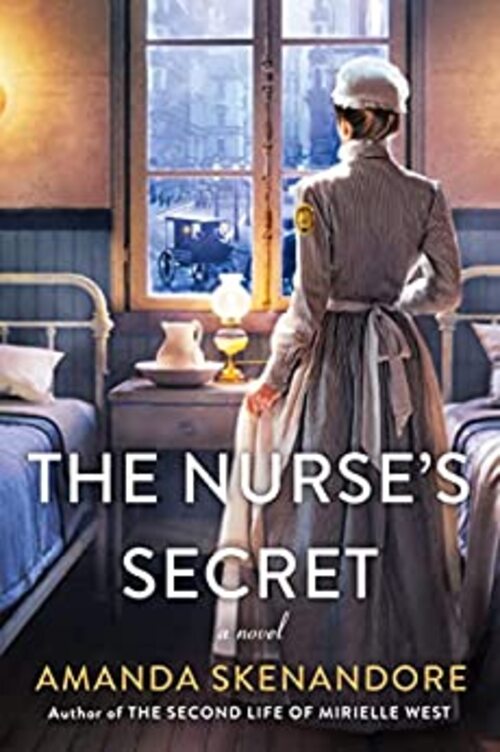
We begin with THE NURSE’S SECRET by Amanda Skenandore. Bellevue Hospital in New York was the first in the US to establish a school of nursing based on principles developed by Florence Nightingale, who insisted that nursing should be a profession peopled by trained and skilled women of good character, not slovenly, unschooled drudges. Into this regimented and exacting environment comes a most unlikely candidate. Having taken one of the few options open to her to survive, orphaned Uma became a professional thief, picking pockets and pilfering luggage at train stations, then turning over her take to the crime boss who offers protection from the police but keeps most of the proceeds of Uma’s thefts. When she falls out with the boss and is accused of murder, Uma must flee—and ends up conning her way into Bellevue’s training program. Initially she intends to stay only long enough to gather the resources to escape New York, but as she proceeds through the program, she finds friends, an unexpected sense of self- worth, even romance. Just as she seems to be thriving in her new life, several patients die of what she suspects is murder. When the police become involved, she must weigh her need to remain invisible with the deaths that cry out for justice. Skenandore’s own medical expertise provides a gritty and realistic medical background to Uma’s story while she also casts light on the difficult lives of the lower class and the rigidity of the medical hierarchy in which a doctor’s opinion is not to be questioned. An illuminating look at the early days of the nursing profession.
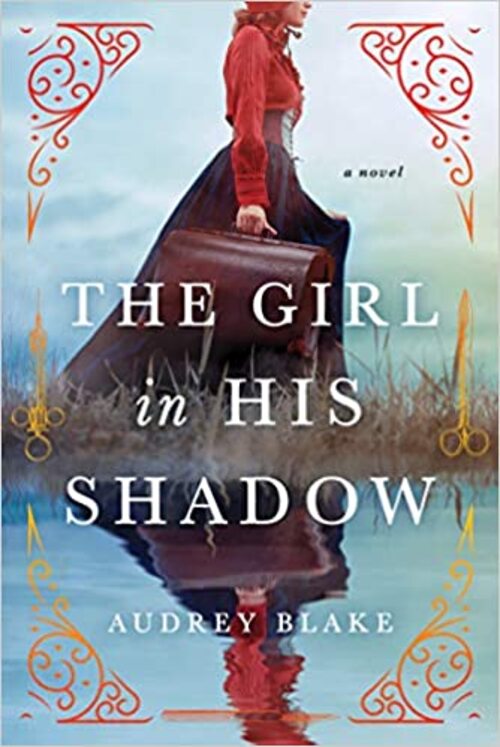
Another orphan finds her way to medicine in THE GIRL IN HIS SHADOW by Audrey Blake, fiction loosely based on real-life physician Anna Manzolini. After her parents die in a cholera epidemic, Nora Beady is taken in by surgeon Dr. Horace Croft. Instead of bringing her up as a typical young lady, the eccentric Croft trains Nora to assist him in surgery, suture incisions, and make detailed drawing of procedures and dissections. Though women are forbidden by English law from practicing medicine, Nora yearns to train as a physician and be recognized as a doctor in her own right. When Croft takes on a new assistant, Dr. Daniel Gibson, Nora faces a difficult choice: cease to help Croft or continue and risk exposure. To her relief, Gibson accepts her participation, and the trio explore the new technique of using ether to augment surgery. Feeling compelled to save a patient by performing an abdominal procedure the others will not attempt, when the patient survives, an inquest uncovers Nora’s true role, creating a scandal. Though her mentor and Gibson urge her to take refuge in the countryside, when an invitation comes from a professor in Bologna to study medicine at the university, with the support of the man she loves, Nora decides to accept it. Blake’s story highlights not just the struggle of women to open the field of medicine, but also the new techniques being developed to advance the science—and the heated competition for recognition those developments engendered.
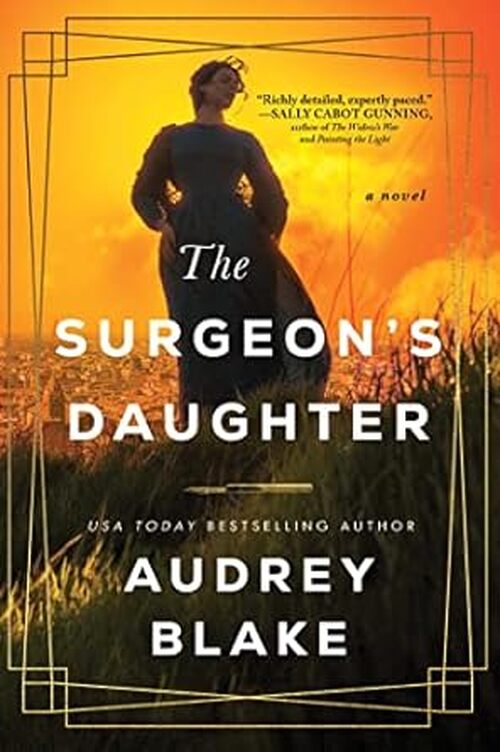
Blake continues Nora’s story in THE SURGEON’S DAUGHTER. Accompanied by Mrs. Phipps, Croft’s housekeeper who helped raise her, Nora journeys to Italy to attend the University of Bologna. As the only female student at the medical school, Nora faces hostility and discrimination: the professors choose only male students to answer questions and assist in procedures. While tending a woman with a difficult childbirth, she receives assistance from Dr. Magdalena Morenco, the only female doctor at the hospital, who specializes in treating women—and pioneered risky, revolutionary Caesarean section surgery. Morenco offers to assist Nora in learning the procedure, while Nora can pass on to Morenco her expertise at using ether. The novel’s chapters alternate between Nora’s training in Italy and her fiancé Daniel’s work with Dr. Croft back in England, both stories driven by the cases they treat, which are based on actual cases from the time. Nora’s story reaches a climax when she is forced to choose between operating on a woman who will almost certainly die otherwise and risking her reputation and her career if the operation fails. Blake’s follow-on novel continues to illuminate the difficult road traveled by pioneering women doctors—and the immense benefit for other women and the world by their perseverance in the face of discrimination, hostility, and threat of legal prosecution.

Our next selection, MY NAME IS MARY SUTTER by Robin Oliveira, follows another woman determined to fulfill her destiny to become a surgeon. Rebuffed by medical schools, twenty-year-old midwife Mary Sutter has almost persuaded local doctor James Blevens to train her when the Civil War intervenes and Blevens signs on as a regimental surgeon. Refusing to be stymied, she secretly leaves her home in Albany, New York and travels Washington, DC, intending to answer Dorothy Dix’s call for nurses. After Dix rejects her for being too young to enter the nursing corps, a chance encounter with a presidential secretary leads her to the Union Hotel Hospital, where overwhelmed chief surgeon William Stipp agrees to take her on. Weaving in a host of historical figures including Lincoln, John Hay, and General McClellan, Oliveira recreates the hectic, tragic and challenging world of Civil War medicine, from the crowded hospitals of Washington to the amputation tents of the Antietam battlefield, constructing a vivid backdrop to Mary’s quest to become a trained surgeon.
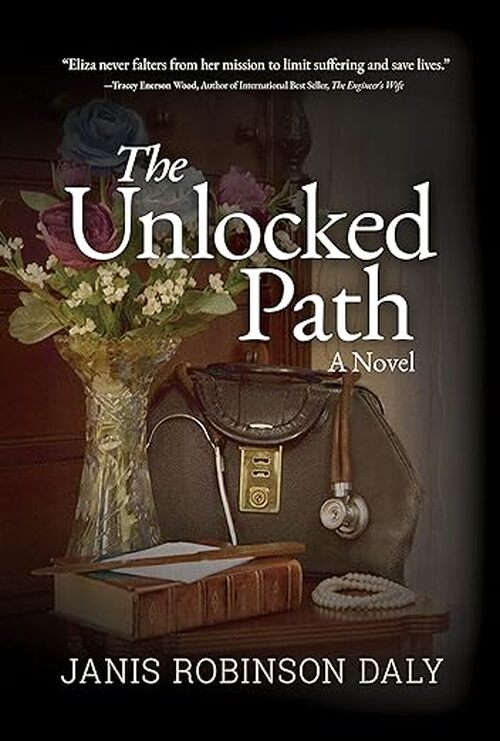
In our final selection, THE UNLOCKED PATH by Janis Robinson Daly, after witnessing her aunt’s suicide, Eliza Edwards rejects the conventional path of the Philadelphia society debut and advantageous marriage urged by her family and instead enters medical college. There, she and a small circle of fellow female students battle male prejudice, a challenging curriculum and secret doubts about their abilities to eventually earn their degrees. Even then, the struggle to gain acceptance by their male peers and potential patients continues as they strive to balance professional aspirations with traditional female expectations. While the primary focus remains on Elizabeth, we follow this group of pioneering women physicians over decades, from their Gilded Age training to combatting the problems of urban poverty, the advances of the women’s suffrage movement, the upheavals of World War I and the worldwide influenza pandemic. Daly gives us a panorama of emerging America in which these women truly “unlock the path” for others to follow.
Most of us would lack the daring, persistence and sheer nerve to continue battling sexism, societal expectations, and family pressures to achieve the dream that drives us. Not so these intrepid women. Grab a copy, thrill to their stories and cheer them on!
Real, intense, passionate historical romance
Award-winning romance author Julia Justiss, who has written more than thirty historical novels and novellas set in the English Regency and the American West, just completed her first contemporary series set in the fictional Hill Country town of Whiskey River, Texas.
A voracious reader who began jotting down plot ideas for Nancy Drew novels in her third grade spiral, Julia has published poetry and worked as a business journalist.
She and her husband live in East Texas, where she continues to craft the stories she loves. Check her website for details about her books, chat with her on social media, and follow her on Bookbub and Amazon to receive notices about her latest releases.
No comments posted.
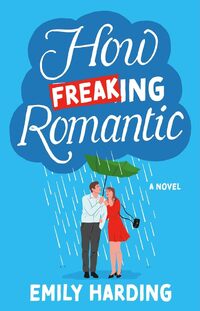

 © 2003-2025 off-the-edge.net
all rights reserved Privacy Policy
© 2003-2025 off-the-edge.net
all rights reserved Privacy Policy